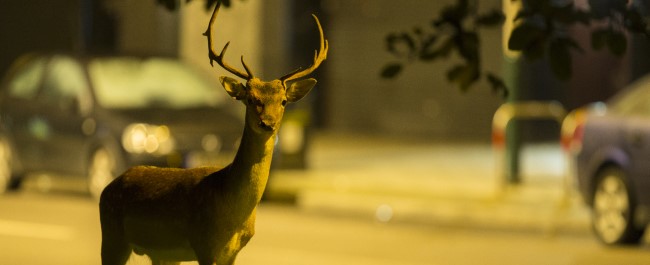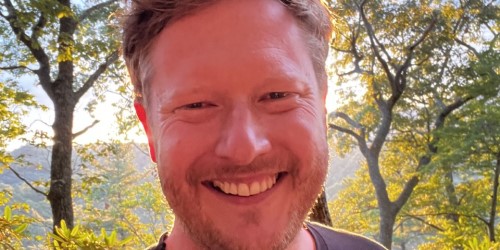The Dark Planet: Explorations of the wild night

More than half of the world’s species are nocturnal by habit so how do we enhance our knowledge of these night time worlds and how they may be affected by climate change?
The challenge
Recent studies have made a compelling case that the night is a key environmental dimension that is under enormous pressure at the present time. Indeed, the implications of climate change might be even more profound for the night-time than they are for the day (Gaston, 2019). And yet, it is a dimension that is routinely neglected by scholars working across the sciences, arts and humanities. The persistence of the ‘nocturnal problem’ is a major oversight, not least for naturalists and conservationists, because more than half of the world’s species are nocturnal by habit.
What we're doing
This project will begin to address this knowledge gap by focusing on the nocturnal worlds of the everyday: urban environments and their hinterlands, where humans and animals share an array of spaces.
A dedicated workshop will bring together life scientists, conservationists, wildlife filmmakers and scholars (at all career stages) from the arts and humanities to share research and creative practice relating to the night and to work towards building a collaborative research agenda which might, in time, enhance knowledge of our planet’s wild nights. The first part of the workshop (Day 1) will feature short presentations by scholars and practitioners working in the field and will include a field trip to reserves run by the Avon Wildlife Trust. The second part of the workshop (Day 2) will focus on generating and building potential avenues for collaboration.
How it helps
Studies of nature by night are long overdue and ought to be critical elements of our quest to protect our changing planetary environment. Additionally, we all inhabit the night: it is inescapable. We need to find ways of living better with the darkness as it changes in response to historical, present-day and future anthropogenic forces.
 Lead researcher profile
Lead researcher profile
Dr Andrew Flack, Lecturer in Animal and Environmental History
Related research centres
Partner organisations
- Avon Wildlife Trust
Funders
- Cabot Institute for the Environment Innovation Fund